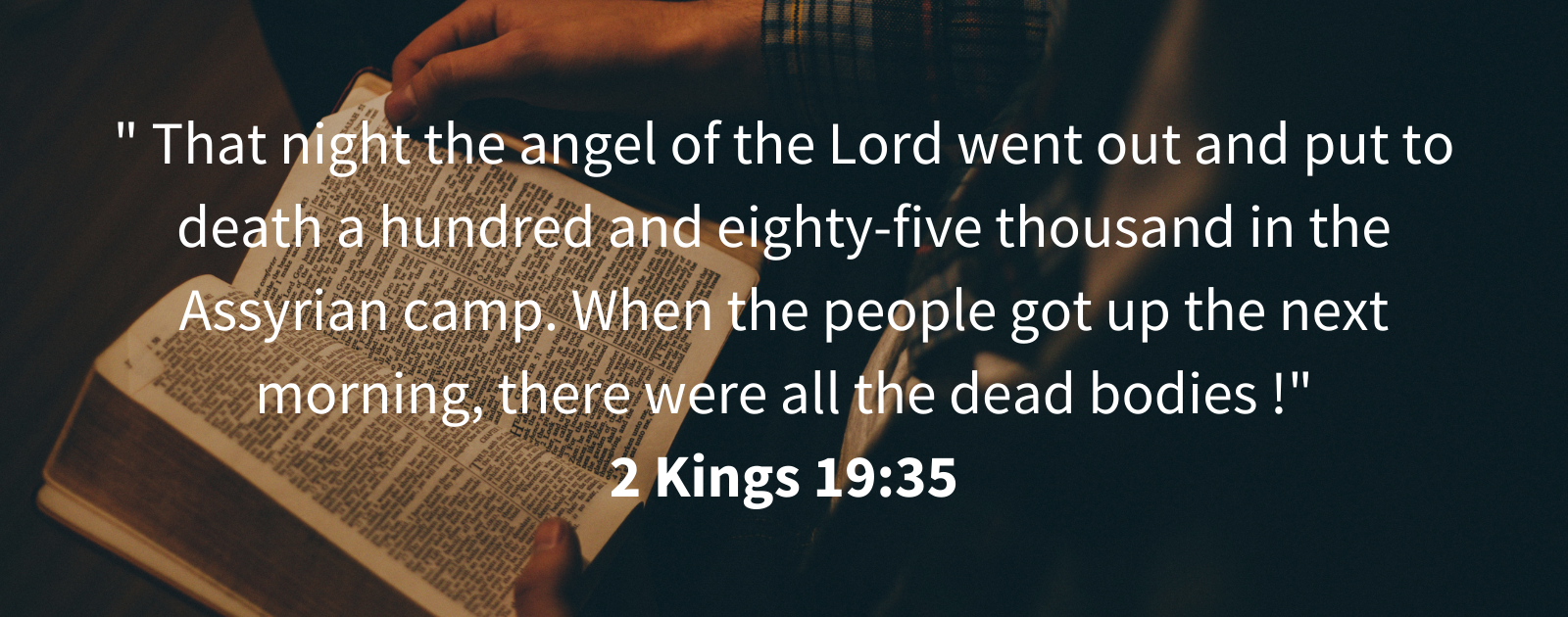“The Lord Will Fight for You” Meaning of Exodus 14:14

The Bible repeatedly talks about the Lord fighting for Israel, starting in Exodus 14:14, but what does that mean for the modern Christian.
1) Who Wrote the Book of Exodus ?
The authorship of the book of Exodus is traditionally attributed to Moses. Moses was born an Israelite slave, escaping a purge of Hebrew babies by Pharaoh. Raised as the son of Pharaoh’s daughter, at age 40, Moses attempted to free his people and killed an Egyptian.

The Israelites did not respond, and Moses fled to the wilderness for 40 years. After 40 years, He meets the Lord through a burning bush on the mount Horeb and returns to Egypt to free His people.
2) Meaning of Exodus 14:14
“The Lord will fight for you; you need only to be still.”
Exodus 14:14
To understand the meaning of Exodus 14:14, it is important to bring it into context.
In the book of Exodus, we see the Lord bringing His chosen people out of Egypt in a way that can only be described as miraculous. He rained down plagues on the Egyptians, shattered their illusions that their false gods might protect them, and humiliated the supposed god in the flesh Pharaoh.
It was both a judgment and a statement from the Most High: you shall have no other gods before me. However, it was a lesson the King of Egypt and Israelites alike were slow to learn.

Instead of allowing the Israelites to leave, Pharoah hardened his heart and pursued after the Israelites. When he found them, they were camped along the shores of the Red Sea, trapped between his massive army and the sea. The Israelites, not having learned the lesson of the plagues, panic.
Instead of trusting God who had just crushed the entire Egyptian economy and culture with the Ten Plagues, they accuse Moses of having led them into the wilderness to die.
In Exodus 14:13-14, Moses responds to the Israelites;
"Do not be afraid. Stand firm and you will see the deliverance the Lord will bring you today. The Egyptians you see today you will never see again. The Lord will fight for you; you need only to be still."
A. Meaning of “The Lord will fight for you”
Moses is trying to calm the people. He has learned the lessons of the plagues. The Lord has already told him that He is going to glorify Himself on the Egyptian army (v 4), so Moses assures the people that the Lord has it under control. The Lord is going to fight this battle for them; they do not need to fear, or even fight.

In verse 14, the word for “fight” is lacham, a word commonly used in the Old Testament to mean “fight” in some sense. According to Strong’s Exhaustive Concordance, the word means “to consume or devour”. In this case, the word is referring specifically to upcoming actions, such as the Lord ripping the wheels off the Egyptian chariots (v 25), and crashing walls of water down on the army, wiping it out (v 27-28).

The Lord did, indeed, consume the Egyptian army, with not one escaping.
While this passage was written specifically in the context of Israel, the Bible tells us that the things that happened before the coming of Jesus Christ were written to teach us (Rom 15:4). It is important to understand that we often do not have the strength to fight our own battles. Pharoah had an army of tens of thousands, maybe more. Egypt was the dominant power of the time, with an army that was well trained.
The Israelites were newly freed slaves, with few weapons and no training. They should have been easy prey for the Egyptian army. Instead, the Egyptian army was wiped out.

In the context of our Christian walk, we will face battles and persecution as we follow Christ (2 Tim 3:12). However, the Lord has promised that nothing shall separate us from His love (Rom 8:35) and that we are more than conquerors (Rom 8:37).
B. Meaning of “you need only to be still”
In this section, Moses is telling the children of Israel that, this time, they will not be expected to fight. The theme of the Lord fighting battles and providing victories for Israel is common throughout Scripture (2 Kings 7:5-7 2 Kings 19:35) but this is the first occurrence.

In some cases, like this one, the Israelites simply had to be still and watch the Lord work. In others, (i.e., Judges 7, 2 Sam 5:23-25), God provides the battle plan and assistance in the battle itself but requires the Israelites to fight for themselves. This time, however, the Lord would do all the work.
For us, the Lord often requires us to stand still and let Him work. This is often difficult for us, particularly people who like to constantly be in control. Allowing God to work, to take care of a situation, is often difficult because He does not work on our timeline. But it is often necessary. Being still and both listening to God and letting Him work is required.

3) Conclusions on Exodus 14:14
The Lord told Israel He would fight for them, and He did. The Lord told the people they would not need to fight, and they did not. They needed simply to rely on Him. That lesson is one we Christians ought to learn as we deal with our problems. God will fight for and alongside us, as we seek to serve Him.
Read next: What does Isaiah 43:2 mean ? When you go through many troubles, you can feel like you are drowning and cannot breathe. God’s promise is that when the waters threaten to drown you, He will be there to make sure they don’t. "When you pass through the waters, I will be with you."




